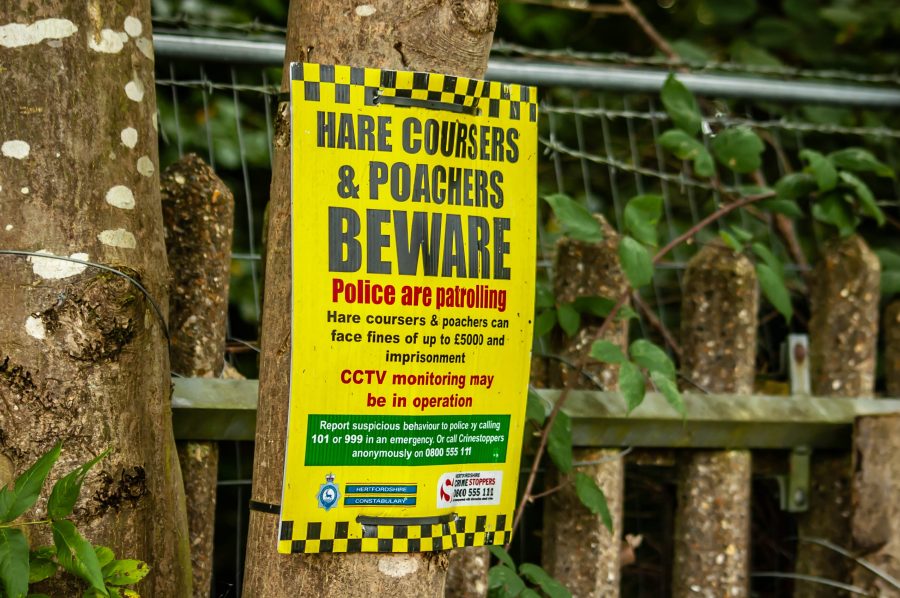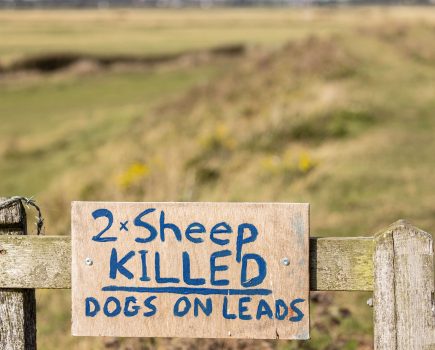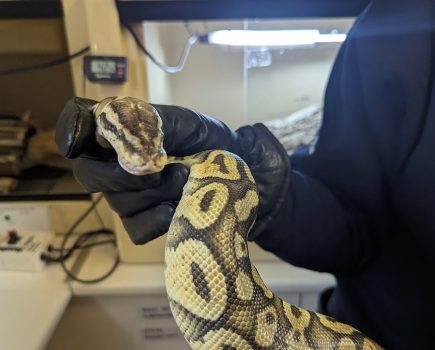The independent Sentencing Council is consulting on a proposed new guideline for sentencing illegal activities associated with hare coursing.
The purpose of the guideline is to help the courts take a consistent approach to sentencing these offences and bring together the full range of sentencing powers and ancillary orders available to them.The proposed guideline covers four offences associated with hare coursing and reflects changes introduced by the Police,Crime, Sentencing and Courts (PCSC) Act 2022.
The proposed guideline covers two new offences created by the PCSC Act:
- Trespass with intent to search for or pursue hares with dogs etc
- Being equipped for searching for or pursuing hares with dogs etc
It also covers two existing offences for which the maximum penalties were increased under the PCSC Act from a fine to six months’ custody:
- Trespass in the daytime in search of game
- Taking or destroying game by night
Illegal activities associated with hare coursing can often involve aggressive and threatening behaviour, physical abuse, theft and damage to property. They can cause great disturbance to rural communities and financial loss to landowners and farmers. The aim of the guideline is to help the courts recognise the harm these behaviours can cause when determining the seriousness of hare coursing-related offending. It proposes a model that places cases involving injury, fear or distress, extensive damage and serious disruption or inconvenience in the highest category of harm.
The guideline proposes several aggravating factors that recognise activities often associated with hare coursing, for example: ‘Use of technology, including circulating details/photographs/videos etc of the offence on social media, to record, publicise or promote activity’, ‘Offence committed in the presence of children’ and ‘Breach of a community protection notice’, which recognises and reinforces the use by the police of community protection orders to disrupt hare coursing activity.
The proposed guideline also signposts sentencers to relevant ancillary orders, including two new orders introduced by the PCSC Act: Dog disqualification order – hare coursing and poaching, and Recovery order (dogs). These orders allow the courts to confiscate dogs or disqualify offenders from owning dogs, and to order offenders to repay any costs incurred by a dog’s seizure and detention.
His Honour Judge Simon Drew KC, member of the Sentencing Council, said: “Hare coursing can cause significant disturbance in the countryside and can be the cause of serious concern and distress to those who live in rural, often quite isolated, communities.
“The Council is proposing a guideline that pulls together the full range of sentencing powers and ancillary orders available to the courts to enable them to take a consistent approach to sentencing these anti-social crimes.
“In developing our guideline, we have drawn on the expertise of police, rural magistrates and others involved in investigating, prosecuting and sentencing hare coursing offences. We are now asking others with experience, expertise or an interest in this area to help refine our proposals.”
The consultation is open until 25 April 2025. Details are available on the Sentencing Council website.
More news like this can be found in The Country Smallholder magazine. Subscribe here.
For FREE updates from the world of smallholding, sign up for The Country Smallholder newsletter here.








